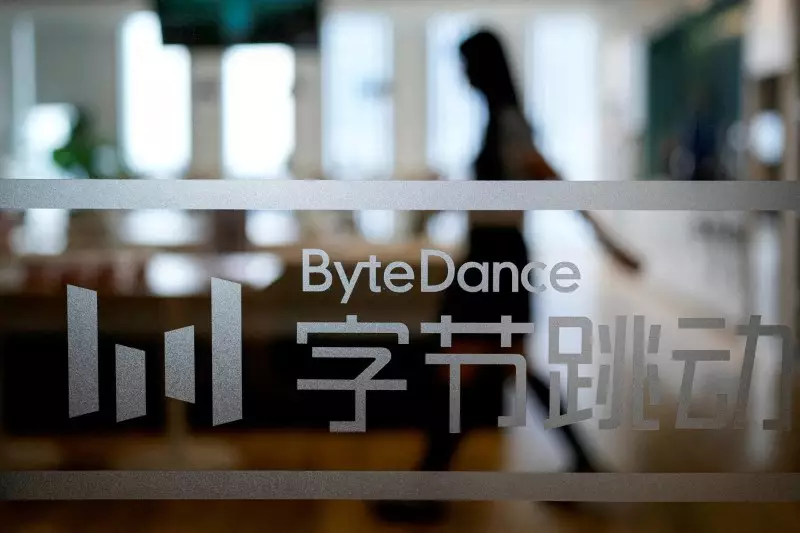In a bold display of confidence, ByteDance, the parent company of TikTok, has recently set its self-valuation at approximately $300 billion following a share buyback initiative. This financial maneuver indicates the company’s desire to reinforce its market presence amidst a backdrop of regulatory scrutiny and potential restrictions in key markets like the United States. Despite the specter of a possible ban looming over TikTok, which boasts approximately 170 million users in the U.S., ByteDance’s strategy suggests a calculated risk to stabilize its shares and maintain investor confidence.
The political landscape significantly impacts TikTok’s operations, particularly in the U.S. Under the previous administration, TikTok was labeled a national security hazard by then-President Donald Trump. However, in a surprising twist, Trump later positioned himself favorably towards the app. During a Bloomberg BusinessWeek interview, he remarked on the importance of competition, stating, “If you don’t have TikTok, you have Facebook and Instagram.” This duality reflects the broader tension between national security concerns and the economic advantages of maintaining a competitive tech landscape. Such unpredictable political shifts create a volatile environment for TikTok, affecting public perception and investor sentiments.
The current U.S. administration under President Joe Biden has added another layer of complexity to TikTok’s operations. The legislation signed on April 24 stipulates that ByteDance must divest TikTok by January 19 or face a potential ban, a clear indication of the administration’s stance on foreign ownership and data privacy concerns. This law transforms the regulatory landscape, compelling ByteDance to navigate its operations with extreme caution. The company’s decision to file a lawsuit against the Biden administration underscores its determination to challenge the mandated divestiture and protect its interests in a competitive market, accentuating the struggle between corporate rights and national security measures.
Looking ahead, the future of TikTok and its parent company remains labyrinthine. While a potential sale might seem like an unfavorable outcome, ByteDance’s recent initiatives, including the proposed buyback at $180 per share, indicate a strategic approach to regain market confidence. This move might not only serve to bolster stock prices but also signal to stakeholders that ByteDance is prepared to take proactive steps in response to evolving political and legal challenges.
In this fast-paced digital era, TikTok’s journey is emblematic of the struggles faced by tech companies navigating the treacherous waters of regulatory scrutiny, political influences, and market competition. As ByteDance grapples with potential bans and seeks to maintain a foothold in the American digital arena, its valuation and strategic decisions will be pivotal in determining its long-term viability. Whether ByteDance can successfully maneuver through these challenges while satisfying both investors and regulators remains to be seen, but the stakes couldn’t be higher for one of the most influential social media platforms of our time.

